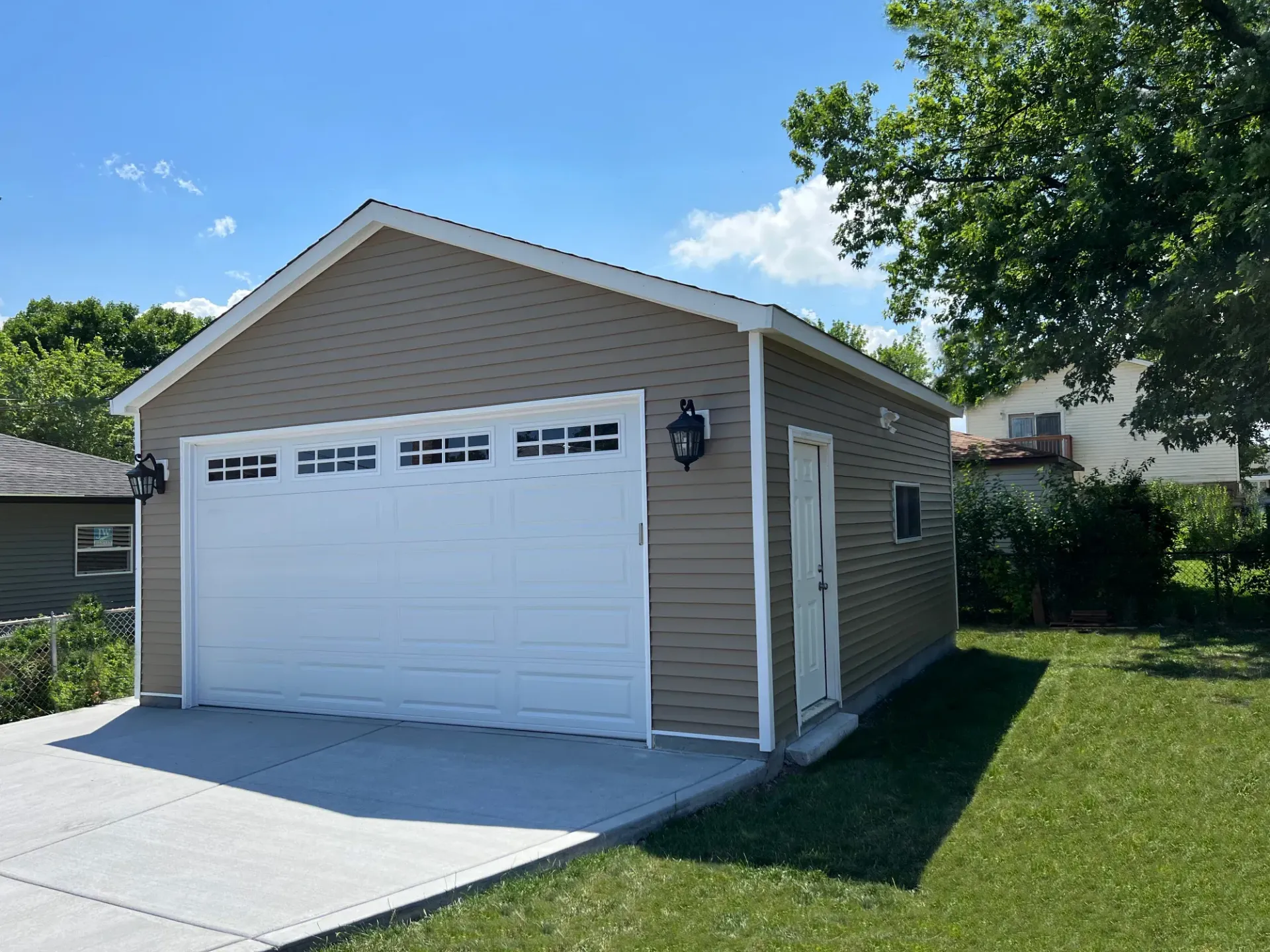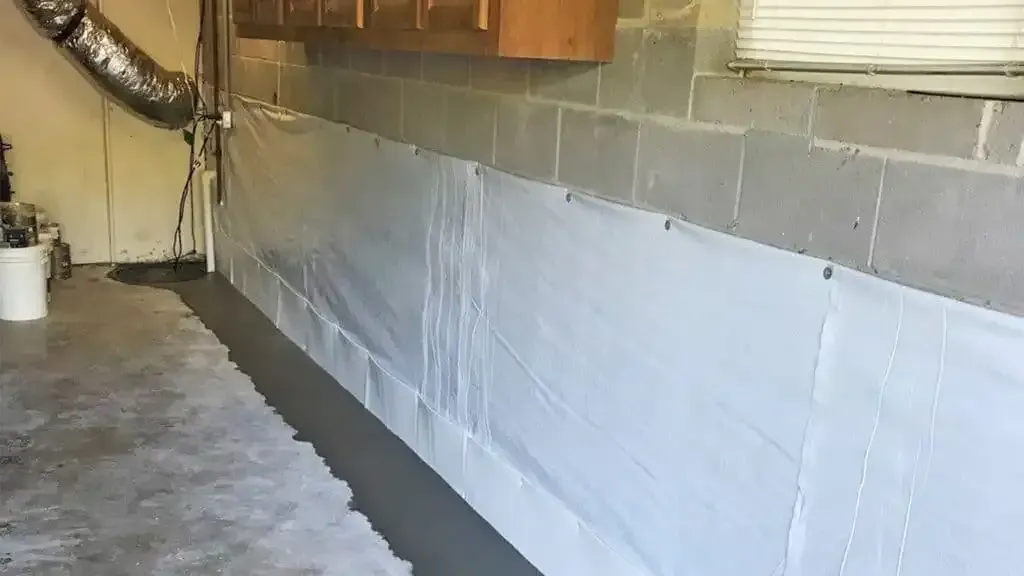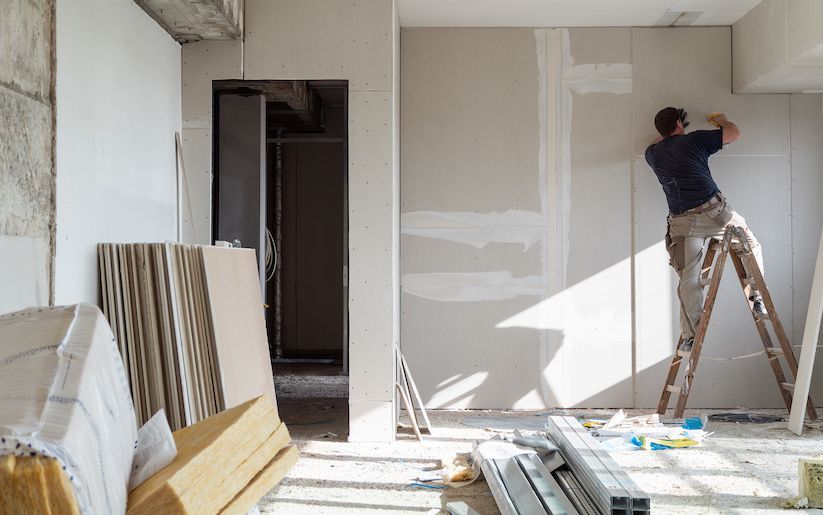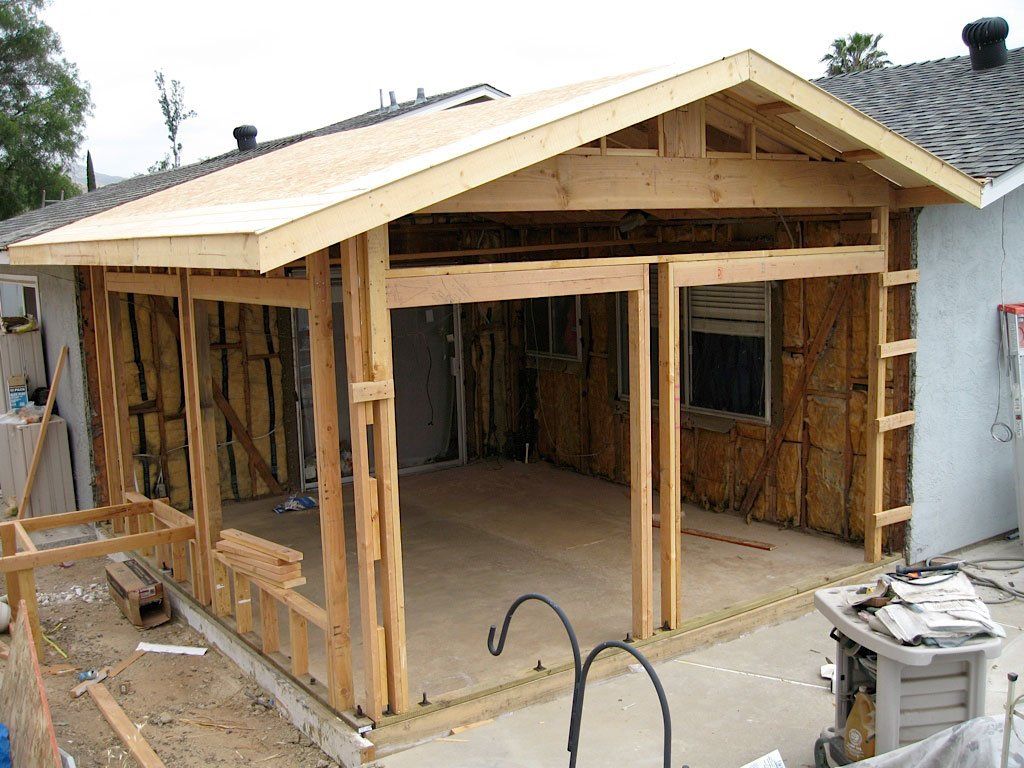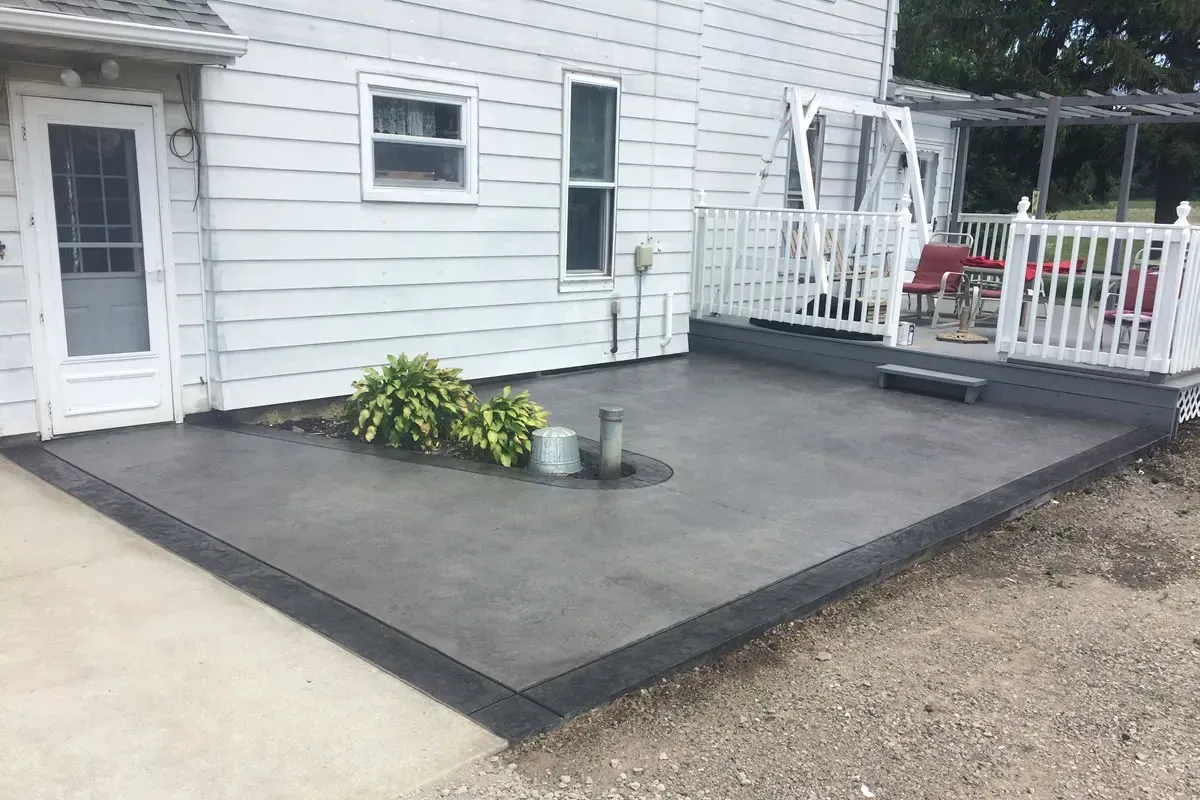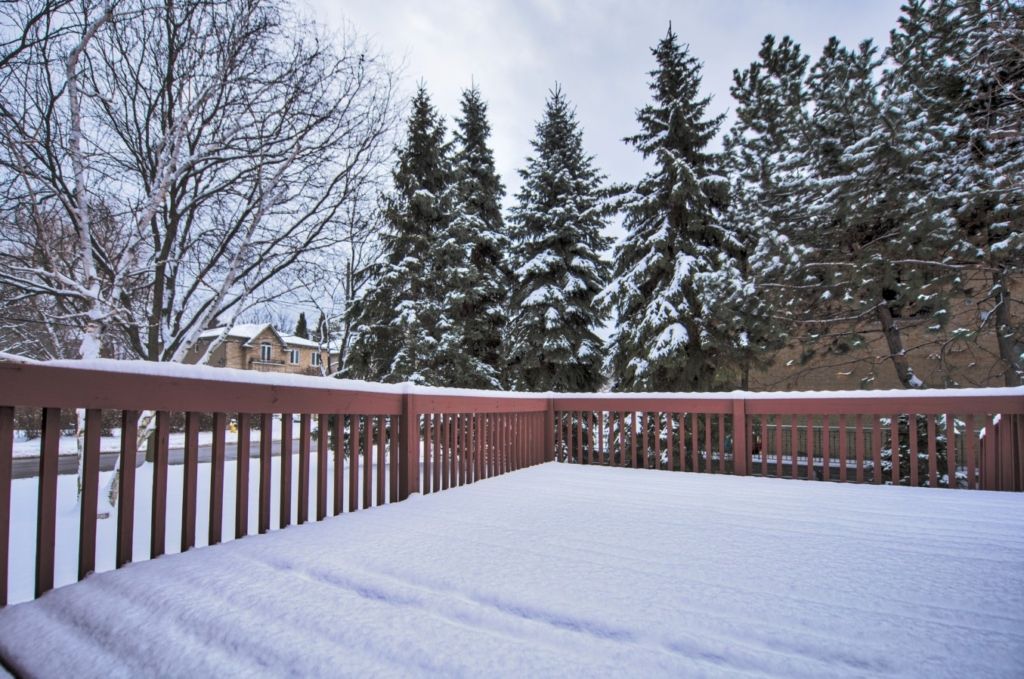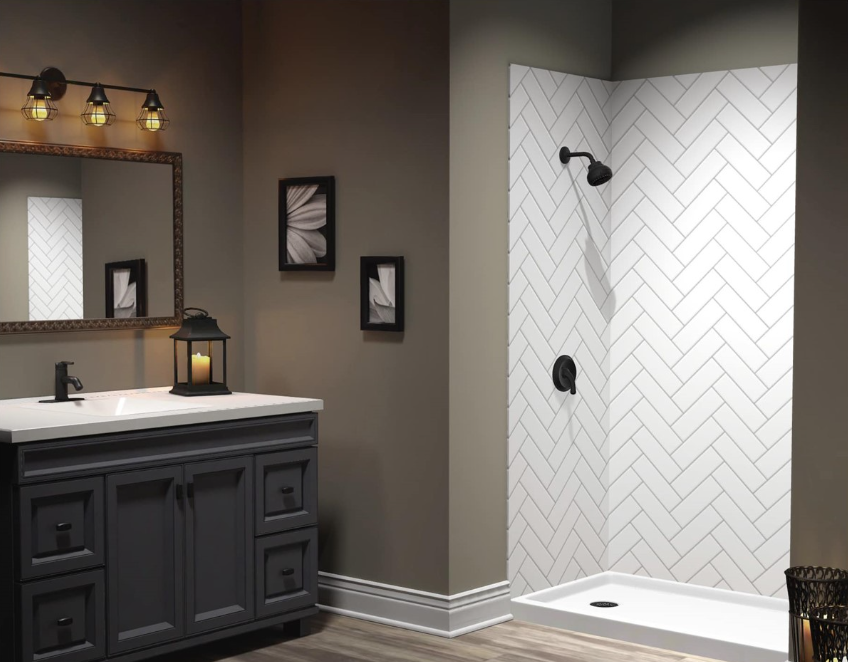Septic System Failure: Emergency Repair in Rhode Island
Septic system failures can turn from minor inconvenience to costly emergency overnight. In Rhode Island, where over 200,000 homes rely on septic systems, recognizing early warning signs can save thousands in repair costs and protect your family's health. This comprehensive guide covers everything Rhode Island homeowners need to know about identifying septic system failures and emergency repair procedures.
What Are the Early Warning Signs of Septic System Failure?
Recognizing septic system failure signs early can prevent emergency situations and costly repairs. Here are the most critical warning signs every Rhode Island homeowner should watch for:
1. Strong Sewage Odors
Strong sewage odors are often the first indicator of a malfunctioning septic system, signifying that waste is not being handled effectively. If you notice persistent foul odors around your septic tank, drain field, or inside your home, this indicates your system is not processing waste properly.
What to do: Contact a licensed septic professional immediately for inspection.
2. Sewage Backups and Slow Drains
The clearest and perhaps the most dreaded sign of septic system failure is a sewage backup. It happens when your system is clogged or full. Multiple slow drains throughout your home, especially combined with gurgling sounds, indicate a serious problem.
Emergency action required: Stop using water immediately and call for emergency septic service.
3. Wet, Soggy Areas Over the Drain Field
Wet, soggy areas may develop above or near the drainfield and you may see spongy bright green grass over the area. This "surfacing" occurs when your drain field becomes saturated and can no longer absorb wastewater.
4. Activated Septic System Alarm
An activated septic system alarm is a warning that indicates your system needs immediate attention. Never ignore alarm signals from pumps or monitoring systems.
5. Unusual Grass Growth Patterns
Exceptionally lush, green grass growing over your septic system can indicate nutrient-rich wastewater is reaching the surface - a clear sign of system failure.
Rhode Island-Specific Septic System Challenges
Rhode Island's unique geography and regulations create specific challenges for septic systems:
Coastal Zone Requirements
Within the coastal zone, the CRMC requires that any septic system within fifty feet of the shoreline be a zero-discharge system. Coastal properties face additional risks from erosion and saltwater intrusion.
High Water Tables
Many areas of Rhode Island have high groundwater levels that can cause septic system failures, especially during heavy rainfall or snow melt periods.
Soil Conditions
Sandy and gravely soils allow water (or wastewater) to be infiltrated more easily, but clay soils common in parts of Rhode Island can cause drainage problems.
Cesspool Regulations
All cesspools in Rhode Island are subject to the Rhode Island Cesspool Act of 2007 and will need to be replaced. Cesspools must be replaced within one year of a property sale unless exempt (e.g., transfers between immediate family members).
Emergency Septic System Failure Response
When septic system failure occurs, immediate action is crucial:
Immediate Steps to Take
- Stop water usage immediately - No laundry, dishwashing, or excessive toilet use
- Avoid contact with contaminated areas - Keep children and pets away
- Document the problem - Take photos for insurance and contractor purposes
- Call a licensed Rhode Island septic contractor - Emergency services are available 24/7
What NOT to Do During a Septic Emergency
- Never attempt to fix the problem yourself
- Don't use septic additives or "quick fixes"
- Avoid heavy machinery over the septic system
- Don't ignore the problem hoping it will resolve itself
Professional Septic System Inspection in Rhode Island
Rhode Island requires professional inspections to determine system status under state rules. Regular inspections can prevent emergency failures.
When to Schedule Inspections
North Kingstown's Wastewater Management District Ordinance went into effect in 1999. It requires that property owners have their on-site wastewater treatment system inspected or pumped once every three years.
Many Rhode Island municipalities have similar requirements for regular maintenance.
What Inspectors Look For
Evaluating the drainfield for signs of system failure, such as standing water (surfacing) or unequal drainage, possibly excavating parts of the drainfield to look for signs of ponding in the system or groundwater impacting the drainfield, and examining the distribution box for structural integrity.
Rhode Island Septic System Regulations
Understanding local regulations helps prevent violations during repairs:
Capacity Requirements
For three (3) bedrooms or less the minimum capacity shall be one thousand (1,000) gallons. For each additional bedroom, add two hundred fifty (250) gallons.
Permit Requirements
All septic system repairs and replacements in Rhode Island require permits from the Department of Environmental Management (DEM) or local health departments.
Licensed Contractor Requirements
Only licensed septic contractors can perform repairs and installations in Rhode Island. Always verify licensing before hiring.
Common Septic System Problems in Rhode Island
Drain Field Failures
The most expensive septic system failure, often requiring complete replacement of the leach field.
Signs: Standing water, sewage odors, backup into home
Cost: $10,000-$25,000 for full replacement
Septic Tank Issues
Cracked tanks, damaged baffles, or inlet/outlet problems can cause system-wide failures.
Signs: Rapid filling, odors, visible cracks
Cost: $3,000-$8,000 for tank replacement
Pump Failures (for elevated systems)
Many Rhode Island properties require pump systems due to elevation or soil conditions.
Signs: Alarm activation, sewage backup, pump not running
Cost: $500-$2,000 for pump replacement
Distribution Box Problems
Damaged or clogged distribution boxes prevent proper wastewater distribution.
Signs: Wet spots in only one area of drain field
Cost: $500-$1,500 for repair/replacement
Seasonal Septic System Issues in Rhode Island
Winter Problems
- Frozen pipes and components
- Snow load on access covers
- Reduced bacterial activity in cold temperatures
Spring Issues
- High water tables from snow melt
- Surface water infiltration
- Increased system stress from heavy rains
Summer Challenges
- Increased household water usage
- Bacterial die-off in extreme heat
- Higher pumping frequency needs
Preventing Septic System Failures
Regular Maintenance Schedule
- Pumping: Every 3-5 years (required by many RI municipalities)
- Inspections: Annual visual checks, professional inspections every 3 years
- Records: Keep detailed maintenance records for resale value
Water Conservation Practices
- Fix leaky faucets and toilets immediately
- Spread laundry loads throughout the week
- Use septic-safe cleaning products
- Install low-flow fixtures
What Never to Flush or Pour Down Drains
- Cooking grease and oils
- Medications
- Paint, pesticides, or chemicals
- Cat litter or diapers
- Cigarette butts
- Dental floss or feminine hygiene products
Septic System Emergency Repair Costs in Rhode Island
Average Emergency Repair Costs
- Emergency pumping: $300-$600
- Pipe repairs: $500-$2,000
- Pump replacement: $800-$2,500
- Drain field repair: $2,000-$10,000
- Complete system replacement: $15,000-$40,000
Factors Affecting Cost
- System size and complexity
- Soil conditions and accessibility
- Local permitting requirements
- Time of year and urgency
- Property location (coastal vs. inland)
Insurance Coverage for Septic System Failures
Most standard homeowner's insurance policies don't cover septic system failures, but some options exist:
- Septic system insurance riders
- Home warranties with septic coverage
- Municipal septic insurance programs (available in some RI communities)
Finding Licensed Septic Contractors in Rhode Island
Verification Steps
- Check contractor registration with Rhode Island DEM
- Verify insurance and bonding
- Request recent references from similar projects
- Get multiple written estimates
- Confirm warranty terms
Red Flags to Avoid
- Door-to-door solicitation
- Cash-only payment requests
- No written contracts
- Extremely low bids
- Pressure for immediate decisions
Rhode Island Municipal Septic Programs
Many Rhode Island communities offer septic system assistance:
Financial Assistance Programs
- Low-interest loans for system upgrades
- Grant programs for low-income homeowners
- Tax incentives for environmental improvements
Municipal Inspection Programs
Contact your local health department for specific requirements in your area.
Environmental Impact of Failed Septic Systems
Failed septic systems pose serious environmental risks in Rhode Island:
- Groundwater contamination
- Surface water pollution
- Nitrogen loading in coastal waters
- Public health hazards
Maintaining your septic system can not only protect local waters, it also can save you money by preventing costly repairs.
Technology Solutions for Septic Monitoring
Modern monitoring systems can prevent emergency failures:
Smart Septic Monitors
- Real-time level monitoring
- Smartphone alerts
- Pump operation tracking
- Maintenance scheduling reminders
Advanced Treatment Systems
- Nitrogen-reducing technology
- UV disinfection systems
- Sand filters and constructed wetlands
When to Replace vs. Repair Your Septic System
Repair Indicators
- Minor pipe damage
- Pump failures
- Distribution box issues
- Recent system with isolated problems
Replacement Indicators
- System over 25 years old
- Multiple recurring failures
- Drain field completely saturated
- Regulatory compliance requirements
Septic System Failure Prevention Checklist
Monthly Tasks
- Check for odors around tank and drain field
- Monitor water levels in pump chambers
- Test alarm systems
- Inspect visible pipes and connections
Annual Tasks
- Professional system inspection
- Pump maintenance and testing
- Update maintenance records
- Review household water usage patterns
Every 3-5 Years
- Complete septic tank pumping
- Comprehensive system evaluation
- Soil and groundwater testing (if required)
- Permit and compliance review
Emergency Septic Services in Rhode Island
24/7 Emergency Services Available
Many Rhode Island septic contractors offer emergency services including:
- Emergency pumping
- Temporary bypass systems
- Immediate leak repairs
- System diagnostics
Preparation for Emergencies
Keep contact information for licensed septic contractors readily available and consider establishing a relationship with a trusted provider before emergencies occur.
Experiencing septic system problems in Rhode Island?
Rockhouse Construction provides comprehensive septic system services throughout Rhode Island, including emergency repairs, system replacements, and preventive maintenance. Our licensed professionals understand Rhode Island regulations and environmental requirements.
Don't let septic system failures become expensive emergencies - contact us today for expert diagnosis and repair services.
